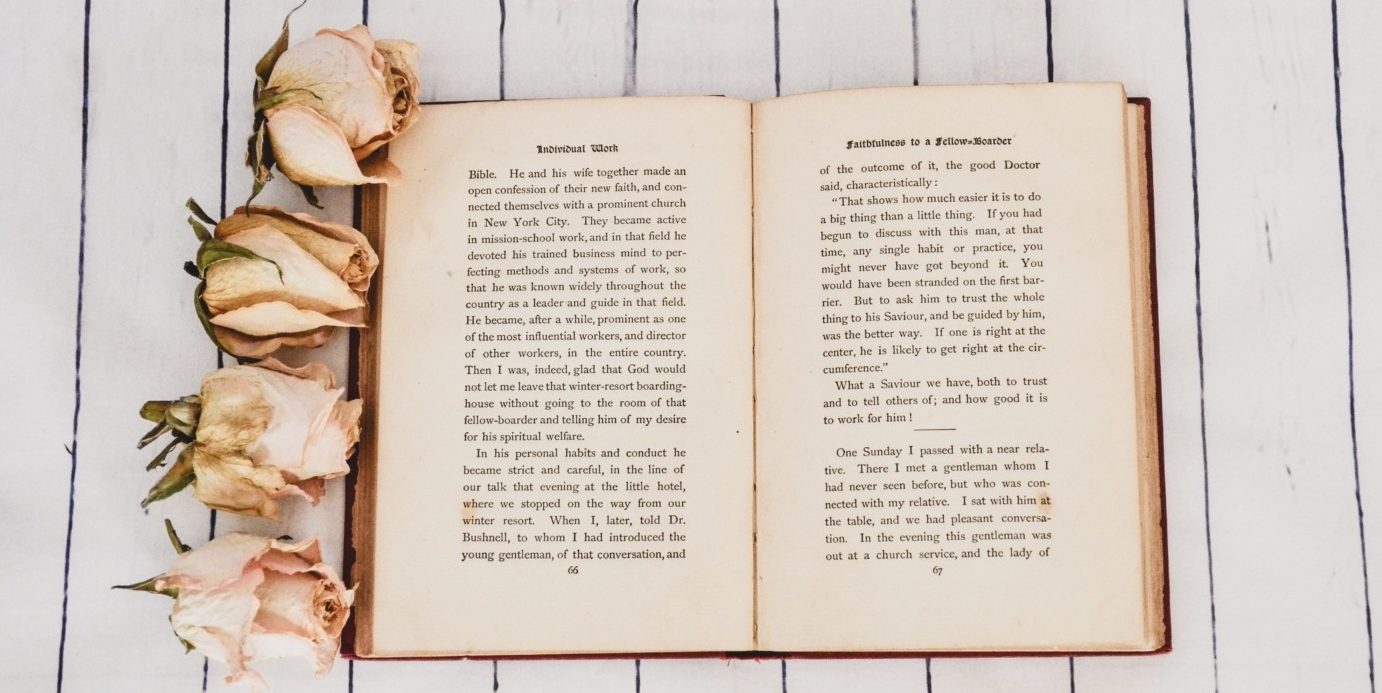The relationship between poetry and politics
The spheres of politics and poetry do not typically intersect, and some would argue for good reason. On the occasions that they do merge, the resulting reactions can be wide and varied. Mark Francois meticulously reciting the entirety of ‘Ulysses’ in a Brexit conference to an audience of older Brexit supporters, for example, inspired an uncomfortable feeling of second-hand embarrassment for many. Far from the impact he must have hoped it would have, his recital sparked a debate around whether or not MPs should utilise poetry in their manifestos, or if it is something they should just leave alone entirely.
Literature in general has always been utilised to speak on important issues in a way that articulates an author’s feelings of injustice. It is argued that there is nothing like a beautifully crafted poem to rouse the masses and communicate an intensity of emotion that is otherwise untranslatable. Forms vary from calculated rhyme to unrestricted prose and there are no rules as to how poets can convey their message.
Political poetry in particular has long been used as a genre that enables an open, relatively safe discussion on the inequities of society
Allen Ginsburg’s ‘America’, for instance, can be seen to be a rambling and somewhat incomprehensible poem. In actuality, it uses the disjointed prose to convey the poet’s perception of the institutional issues of the US. Similarly, Maya Angelou’s ‘Caged Bird’ speaks on the struggle for freedom through the symbol of a trapped bird confined to the bars of its cage. Both of these examples expose oppression and injustice in a way that enables readers to empathise with the struggles of the victims and share their outrage.
Clearly, poetry has a valuable relationship with politics. Political poetry in particular has long been used as a genre that enables an open, relatively safe discussion on the inequities of society. It’s a fundamental part of engaging with politics and challenges institutionally enforced injustices. Why is it then, that when politicians attempt to reverse this relationship and use poetry to communicate their own manifestos, the effects are so jarring?
The answer may lie in the intention of politicians when they dip into their arsenal of quotes. John F Kennedy famously said that “if more politicians knew poetry, and more poets knew politics, I am convinced the world would be a little better place in which to live” and I think he may have a point. However, there is a stark difference between appreciating the ways in which poetry communicates pain and struggle, and simply quoting one line out of context to impress a crowd. It is the inability of politicians to manoeuvre between these differences that leads to their attempts at incorporating poetry falling flat.
Politicians need to step back from the world of public popularity that simply aims to pander to a crowd and instead comprehend the messages that poetry can articulate
Following Kennedy’s aspirational image, if more politicians actually took the time to understand poetry rather than just used it to embellish their speeches, then the world could potentially become a better place. There is an opportunity for leaders to comprehend the effects that their power could have if they are made to empathise with the victims that their actions could create.
Poetry could be a valuable way of mediating the gap between the life of politicians and the lives of the citizens they affect. Currently, the relationship works successfully in one direction as poets take to the page to express their political protests. Politicians need to step back from the world of public popularity that simply aims to pander to a crowd and instead comprehend the messages that poetry can articulate. Only then will they understand how those messages can and should influence the progress of politics.
There is the potential for the spheres of politics and poetry to coincide and for the relationship between them to become mutually beneficial. Hopefully, we can reach a compromise. The ideal balance would be when poets are able to continue using the medium without the fear that an MP will quote it out of context in a Brexit speech to impress a crowd, and instead be encouraged that they will use it for the impact which it is intended to have.

Comments (1)
Beautifully done. Might have articulated the benefits in poetry (philosophical reach; generalizing effect) that politicians overlook, but that is for another article perhaps. In the meantime, I hope poets also read the guidance implicit here: Metaphor, not megaphone. Or, as Yeats said, “When we argue with others, we are writing prose; when we argue with ourselves, we are writing poetry.” Well done.